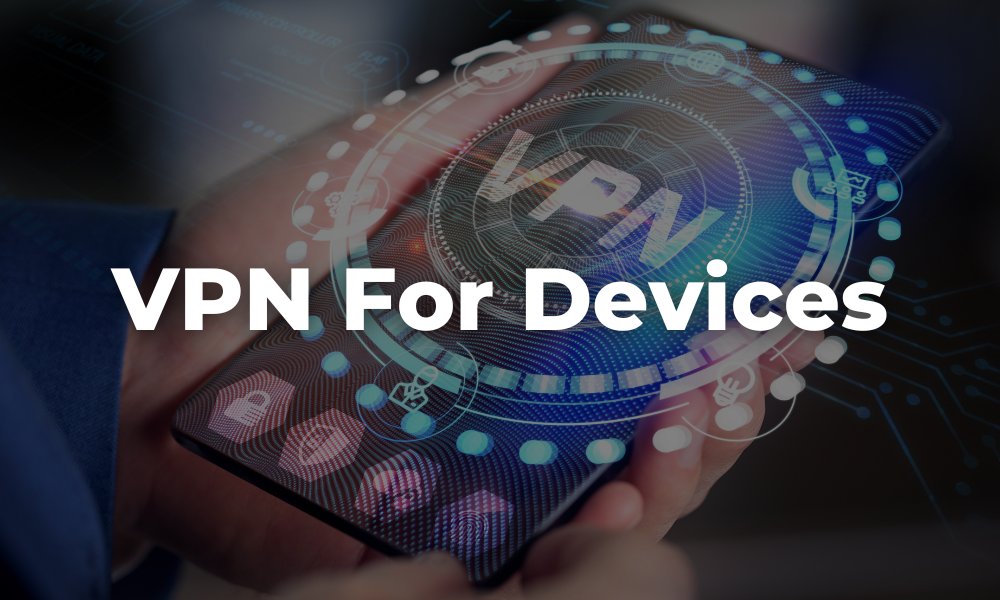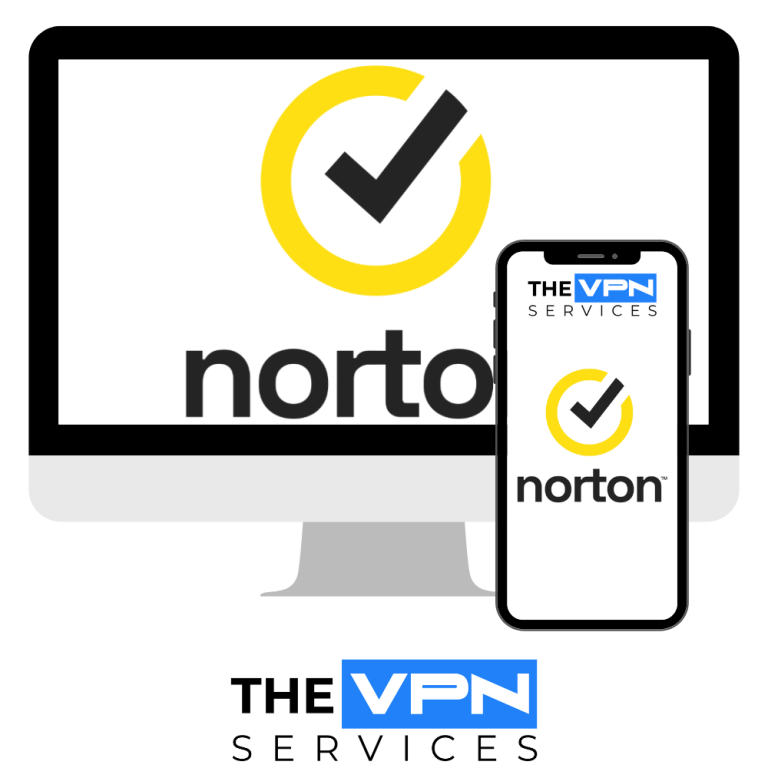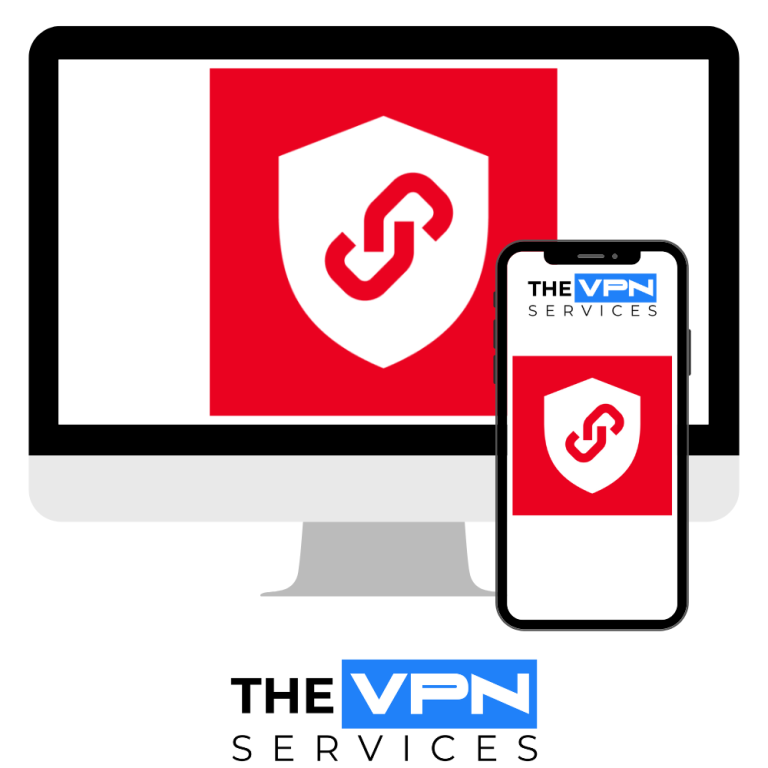The vpn services
VPN for Devices: Ensuring Security Across All Platforms

Introduction to VPNs for Devices
In an era where digital connectivity is indispensable, safeguarding your devices from cyber threats is non-negotiable. A VPN, or Virtual Private Network, is a critical tool that secures your online activities by encrypting your internet connection and shielding your personal information from prying eyes.
Whether you’re using a smartphone, computer, smart TV, or gaming console, all devices connected to the internet are susceptible to risks like hacking, data theft, and unauthorized surveillance. A VPN acts as a digital bodyguard, protecting each device from these vulnerabilities.
Types of Devices That Benefit from VPNs
Mobile devices are particularly vulnerable because of their portability and frequent use on public Wi-Fi networks. A VPN ensures that sensitive information like passwords, emails, and financial data remains secure.
Whether you’re working remotely or browsing casually, your computer stores significant personal and professional information. A VPN encrypts this data, preventing unauthorized access.
Streaming devices often access geo-restricted content. A VPN allows you to bypass these restrictions, opening up a world of entertainment while maintaining security.
Online gaming platforms can be targets for DDoS attacks and swatting. A VPN protects your gaming sessions, ensuring smoother and safer gameplay.
Smart home gadgets, like cameras and voice assistants, are prone to hacking. A VPN secures their communication, adding an extra layer of protection to your home network.
How VPNs Enhance Security for Devices
- Encrypting Data Transmissions: A VPN encrypts all data sent from your device, making it unreadable to potential hackers or surveillance programs.
- Protecting Against Cyber Threats: With cybercriminals constantly evolving their tactics, a VPN shields your devices from malware, phishing attempts, and data breaches.
- Ensuring Privacy on Shared Networks: Public Wi-Fi is a hotspot for hackers. Using a VPN ensures your connection is secure, even on open networks, by masking your IP address and encrypting your traffic.
Choosing a Device-Compatible VPN
When selecting a VPN, it’s essential to ensure it supports all your devices. Key considerations include:
Look for VPNs that work seamlessly across platforms like Windows, macOS, Android, iOS, Linux, and more.
Some VPNs allow multiple devices to connect at once. Choose a provider that supports the number of devices in your household or workplace.
Ensure the VPN can handle high-speed connections, especially for streaming, gaming, or large file transfers.
Setting Up a VPN on Various Devices
- Download the VPN app from the App Store or Google Play.
- Log in and choose a server location.
- Connect and enjoy a secure browsing experience.
- Install the VPN client provided by your VPN provider.
- Configure settings to optimize speed and security.
- Connect to a server with a single click.
- Some devices allow direct VPN installation, while others require a router-level setup.
- Configure your router to secure all connected devices.
- Most gaming consoles don’t support direct VPN apps. Use a router-based VPN or share a VPN-protected connection from a computer.
- Setting up a VPN on your router ensures every connected device benefits from encrypted security.
Benefits of VPNs for Multi-Device Users
Unified Security Across All Devices
One VPN account can protect multiple devices simultaneously, ensuring consistent security throughout your digital ecosystem.Streamlined Access to Geo-Restricted Content
With a VPN, you can unlock region-specific content across all devices without hassle.Simplified Management for Families or Businesses
VPNs with multiple device connections make it easy to protect entire households or office networks.
Challenges and Limitations
Some devices, such as older smart TVs, may not support VPNs directly, requiring workarounds.
VPNs may slow down internet speeds slightly, especially on devices with weaker processors.
Configuring VPNs on less common platforms, like certain IoT devices, can be more complex.


